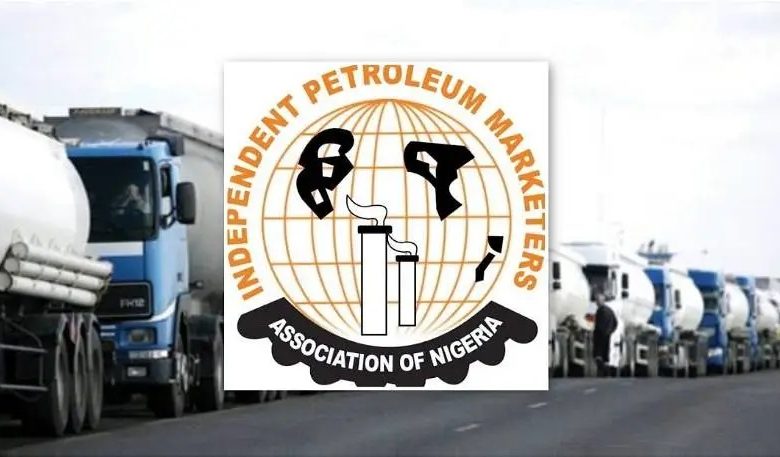
The Western Zone of the Independent Petroleum Marketers Association of Nigeria (IPMAN) has announced that, starting October 1, tankers will no longer be allowed to load more than 45,000 litres of petrol.
Zone Chairman, Chief Oyewole Akanni, revealed this during an interview with the News Agency of Nigeria (NAN) in Ibadan on Friday.
According to him, the decision was reached at a joint meeting involving IPMAN, government officials, and other key stakeholders, aimed at reducing the frequency of petroleum tanker accidents.
The meeting had representatives from the Petroleum Tanker Drivers (PTD), the Nigerian Association of Road Transport Owners (NARTO), the Nigerian Midstream and Downstream Petroleum Regulatory Authority (NMDPRA), and oil marketers.
“Before now, some tankers carried up to 90,000 or 60,000 litres, which was dangerous.
“Those big tankers damage our roads, as the trucks are made to carry far more than they were designed for.
“And when overloaded, they become unstable and fall, causing accidents,” he said.
Akanni stated that the government had also mandated all tankers to install safety covers that prevent spillage in the event of a crash.
“With these covers, even if a tanker falls, fuel won’t spill, except if the tank is punctured,” he said.
He went on to express concern over the actions of vandals who intentionally puncture fallen tankers to steal fuel, calling it a major challenge.
The IPMAN chairman further revealed that the Petroleum Tanker Drivers (PTD) had identified fatigue as a leading cause of night-time accidents.
“We have, therefore, instructed drivers not to drive at night.
“Once it is 7.00 p.m., they must park and continue their journey by 7.00 a.m. the next day, but some still disobey this directive,” he said.
Akanni gave assurance that IPMAN remains committed to working closely with relevant stakeholders to curb the rate of tanker-related accidents.
He noted that the rising number of fatalities had prompted federal government interventions, with calls for tighter regulations, public awareness campaigns, and the implementation of comprehensive safety reforms.
According to Akanni, these accidents are part of a larger pattern of tanker-related incidents plaguing the country.
“These are marked by systemic failures, including overloading, poor infrastructure, inadequate enforcement, alongside dangerous public practices like fuel scooping,” he said.
